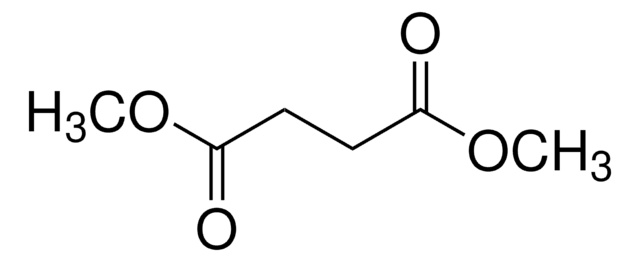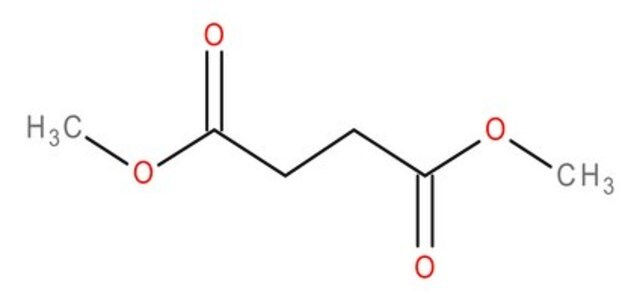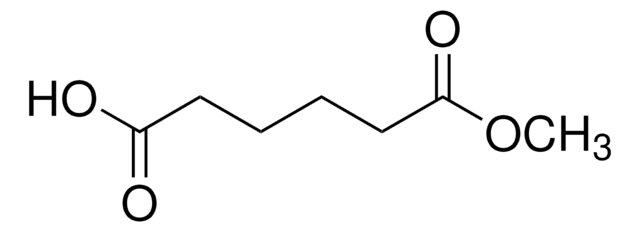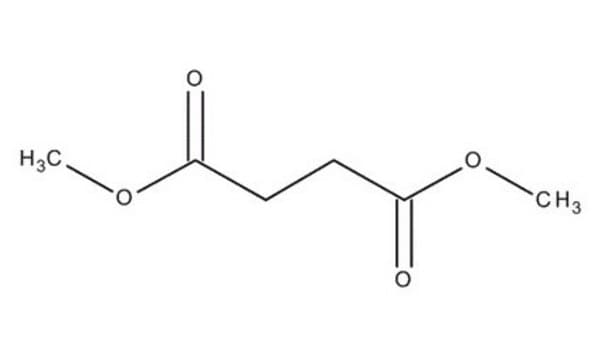857231P
Avanti
C18:1 Cyclic LPA
1-O-(9Z-octadecenyl)-sn-glycero-2,3-cyclic-phosphate (ammonium salt), powder
Synonym(s):
1-O-octadecenyl-sn-glycero-2,3-cyclic-phosphate (ammonium salt); AGP 18:1
Sign Into View Organizational & Contract Pricing
All Photos(2)
About This Item
Empirical Formula (Hill Notation):
C21H44NO5P
CAS Number:
Molecular Weight:
421.55
UNSPSC Code:
51191904
NACRES:
NA.25
Recommended Products
Assay
>99% (TLC)
form
powder
packaging
pkg of 1 × 1 mg (857231P-1mg)
manufacturer/tradename
Avanti Research™ - A Croda Brand 857231P
lipid type
cardiolipins
phospholipids
shipped in
dry ice
storage temp.
−20°C
SMILES string
CCCCCCCC/C=C\CCCCCCCCOC[C@@H]1COP(O1)([O-])=O.[NH4+]
General description
Cyclic phosphatidic acid (cPA) is a naturally occurring analog of the growth factor-like phospholipid mediator, lysophosphatidic acid (LPA). The sn-2 hydroxy group of CPA forms a 5-membered ring with the sn-3 phosphate. cPA affects numerous cellular functions, including anti-mitogenic regulation of the cell cycle,induction of stress fiber formation, inhibition of tumor cell invasion and metastasis, and regulation of differentiation and survival of neuronal cells.
Interestingly, many of these cellular responses caused by cPA oppose those of LPA despite the activation of apparently overlapping receptor populations.
Interestingly, many of these cellular responses caused by cPA oppose those of LPA despite the activation of apparently overlapping receptor populations.
Packaging
5 mL Amber Glass Screw Cap Vial (857231P-1mg)
Legal Information
Avanti Research is a trademark of Avanti Polar Lipids, LLC
Storage Class Code
11 - Combustible Solids
WGK
WGK 3
Certificates of Analysis (COA)
Search for Certificates of Analysis (COA) by entering the products Lot/Batch Number. Lot and Batch Numbers can be found on a product’s label following the words ‘Lot’ or ‘Batch’.
Already Own This Product?
Find documentation for the products that you have recently purchased in the Document Library.
Cyclic phosphatidic acid elicits neurotrophin-like actions in embryonic hippocampal neurons.
Fujiwara Y, et al.
Journal of Neurochemistry, 87, 1272-1283 (2003)
Inhibition of cell proliferation by a unique lysophosphatidic acid, PHYLPA, isolated from Physarum polycephalum: signaling events of antiproliferative action by PHYLPA.
Murakami-Murofushi K, et al.
Cell Structure and Function, 18, 363-370 (1993)
Yuko Fujiwara et al.
Journal of neurochemistry, 87(5), 1272-1283 (2003-11-19)
Cyclic phosphatidic acid (cPA; 1-acyl-sn-glycerol-2,3-cyclic phosphate) is an analog of the growth factor-like phospholipid mediator lysophosphatidic acid (LPA). As brain tissue is the richest source of cPA we tested its effects on hippocampal neurons from day 16/17 embryonic rat cultured
D J Fischer et al.
Molecular pharmacology, 54(6), 979-988 (1998-12-18)
Lysophosphatidic acid (LPA), plasmalogen-glycerophosphate (alkenyl-GP) and, cyclic-phosphatidic acid (cyclic-PA) are naturally occurring phospholipid growth factors (PLGFs). PLGFs elicit diverse biological effects via the activation of G protein-coupled receptors in a variety of cell types. In NIH3T3 fibroblasts, LPA and alkenyl-GP
K Murakami-Murofushi et al.
Cell structure and function, 18(5), 363-370 (1993-10-01)
The unique Physarum lysophosphatidic acid, PHYLPA, having a cyclopropane in the fatty acid moiety and a cyclic phosphate at C-2 and C-3 positions of the glycerol, inhibited proliferation of human fibroblast cells, TIG-3 and TIG-7, which were cultured in a
Our team of scientists has experience in all areas of research including Life Science, Material Science, Chemical Synthesis, Chromatography, Analytical and many others.
Contact Technical Service







